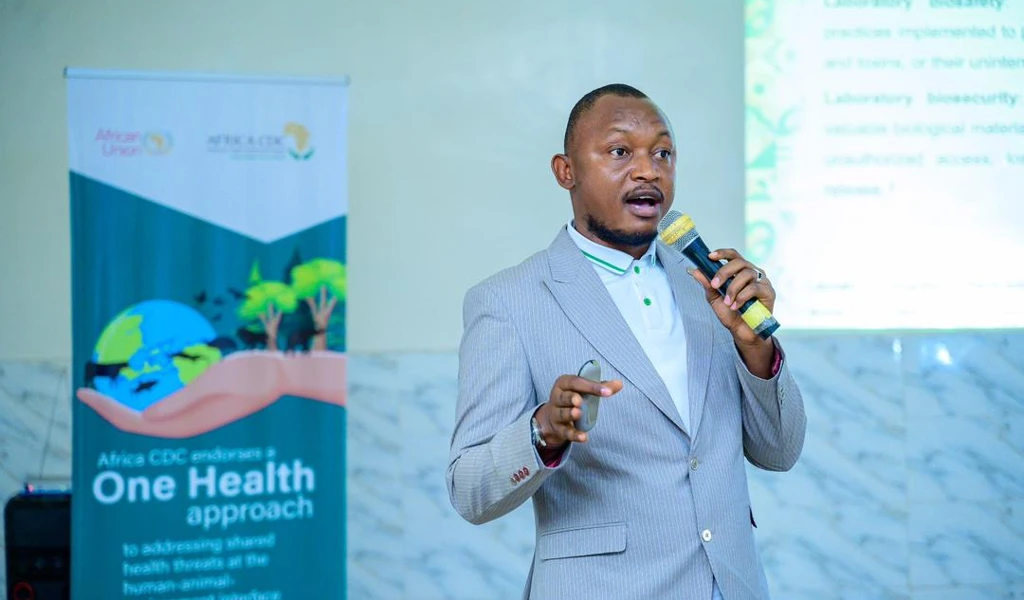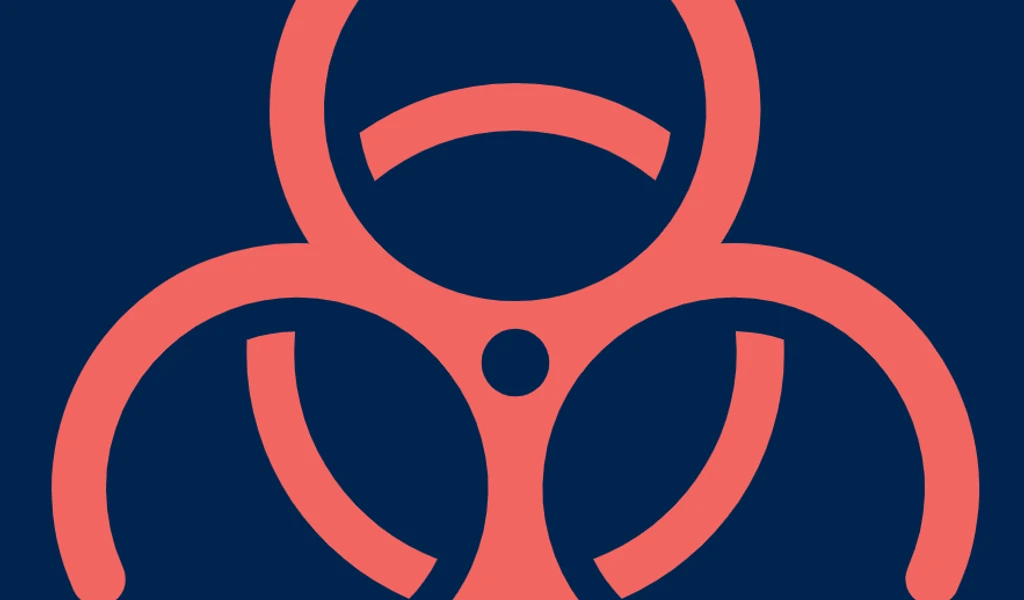Progressing the 100 Days Mission for greater global health security

CEPI’s sustained and far-reaching efforts to progress the 100 Days Mission to help prepare the world better for future epidemic and pandemic threats have this week been recognised by the influential International Pandemic Preparedness Secretariat—a global body set up to monitor global readiness for widespread disease outbreaks.
Highlighting CEPI’s leading role in the 100 Days Mission for vaccines, the Secretariat’s fourth annual 100 Days Mission implementation report, published on January 31, found some “encouraging progress”, but also stressed that “significant work remains” and warned: “The clock is ticking”.
The 100 Days Mission is a plan to ready the world to be able to deliver diagnostics, vaccines and therapeutics for any potential pandemic threat within a little over three months of it being declared a global health emergency.
The IPPS report noted that even five years after the COVID-19 pandemic began, the world is still suffering its impacts, with new variants continuing to evolve and cause disease and death in countries all over the world. Alongside these continuing COVID-19 waves, other new and dangerous viral threats have emerged or re-emerged—causing new outbreaks and testing the world’s ability to detect, respond to and contain them.
“These demonstrate the range of risks we face, and the urgency of the 100 Days Mission”, it said.
GROWING NETWORKS
One of the report’s key priority actions for 2025 is ‘to better coordinate international and regional clinical trial networks to develop disease-agnostic, multifunctional trial sites capable of adapting to various study types and phases.’
CEPI is already leading the charge in this area, having co-established a clinical Research Preparedness network in West Africa in 2023, with partners from the Medical Research Council The Gambia and the International Vaccine Institute. This initiative aims to support large-scale clinical trials of vaccines against priority pathogens such as Lassa, while strengthening the region’s ability to generate clinical evidence in future outbreaks.
Christof Vinnemeier, CEPI Clinical Development Operations Lead, describes the regional network plan as “nothing less than a paradigm shift—facilitating capacity building that is disease agnostic and accessible to multiple vaccine developers.”
“Our ambition is to leverage substantial investments in clinical trial preparedness to support self-sustained research capacity for future epidemics and pandemics, in partnership with the countries on the African continent,” he said.
Buoyed by this experience, in 2024 CEPI launched a second call for proposals to form an East and Central Africa clinical preparedness network.
“This initiative is multifaceted, guided by African perspectives and needs,” said Jennifer Kealy, a fellow CEPI Clinical Development Operations Lead. And unlike traditional models, where vaccine development companies arrive, conduct studies and then exit, CEPI is focused on establishing sustainable research centers that remain operational for the long-term. These centers won’t just conduct trials but could also help generate other types of health data, including real-world evidence. “Sustainability is key, and this effort is unprecedented in its scope and ambition,” said Kealy.
The goal is that the success of these regional networks will serve as a blueprint for expansion to other parts of the world, progressing the 100 Days Mission’s goal of global preparedness.
END-TO-END CAPABILITIES
Sustainable manufacturing is another key element of the IPPS’s report, which emphasises the need for “flexible and scalable manufacturing systems that can meet routine health needs during interpandemic periods while also being able to rapidly scale up production in times of crisis.” One example highlighted is CEPI’s commitment of up to $145 million in a strategic partnership with the German biotech firm BioNTech to help build a sustainable and resilient end-to-end African vaccine ecosystem in Kigali, Rwanda. Once operational, the facility will be able to produce mRNA vaccines at scale—from pre-clinical to commercial stages—strengthening Africa’s role in global pandemic preparedness.
As Ranna Eardley-Patel, Project Leader at CEPI, explains, preparation at the outset for longer-term sustainability and equitable access to vaccines is the differentiating factor of this facility. “This is what will boost its chance of being an intrinsic part of the mRNA products ecosystem in the Global South,” she said.
Beyond funding, CEPI’s specific value-add stems from its expertise and experience in tech transfer and coordination of public-private-philanthropic partnerships, including the blossoming African regulatory and R&D ecosystems. This project makes great strides on several priorities for 2025 identified by the IPPS, from strengthening regional operational resilience and enhancing technology transfers to low and middle-income countries, to building supply chain security for the African continent.
BIOSECURITY
For the first time in the International Pandemic Preparedness Secretariat’s annual progress reports, biosecurity features prominently in 2024—highlighting its increasing importance to pandemic preparedness.
While biosecurity concerns are sometimes perceived as potential barriers to innovation and progress on the 100 Days Mission—the reality, according to CEPI’s Biosecurity Policy and Equity Senior Manager Zoe Adler, is that the two are not at odds, but complementary.
“Even before COVID-19, many countries and regions were increasing their capabilities to detect and respond to pathogens, including by expanding high-containment laboratory infrastructure,” she explains. “To achieve the 100 Days Mission, the world needs these facilities to be able to detect and respond to outbreaks wherever they occur, and we also need to ensure they can handle high-consequence pathogens and do so safely and securely. That’s where CEPI’s biosecurity for equity priority comes in—we’re promoting transparent, performance-based approaches for biosafety and biosecurity that can be tailored to a wide range of resource settings and ultimately encourage global scientific collaboration, rather than hindering it.”
Andrew Hebbeler, Director of Biosecurity, also notes the current reality of national and regional interdependence for health security.
“We’re entering an era of increasing pandemic risk, and this is a challenge no single country can solve alone. It requires concerted global cooperation. We’ve seen tremendous progress in bridging health and security communities to address pandemic threats—whether they arise naturally, accidentally, or deliberately. The capabilities we need to develop safe and effective vaccines against future emergent threats within 100 days are within reach. We must find ways to access the full innovation potential of the world and accelerate these investments responsibly, safely, and securely.”
In 2024, CEPI’s interest in safeguarding against emerging risks in vaccine research and development saw the organisation establish its biosecurity strategy. Following its iteration and publication, CEPI’s Biosecurity Department will now look forward to implementing its strategy in 2025 – and further ensure that innovations and safety are united in a single front.
--
Read the IPPS 4th Implementation Report to learn more about how the 100 Days Mission is progressing across vaccines, diagnostics and therapeutics.


.webp)
